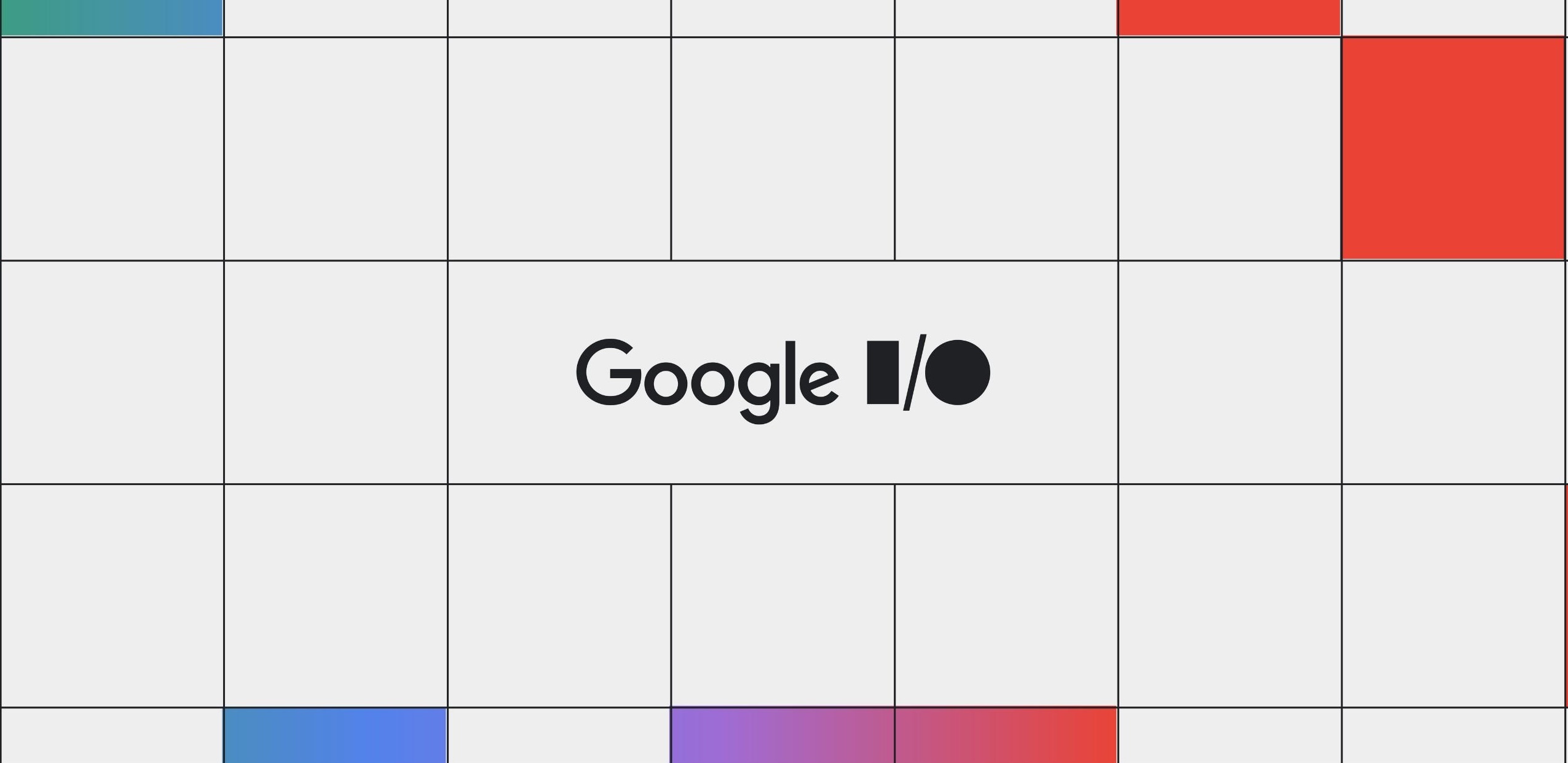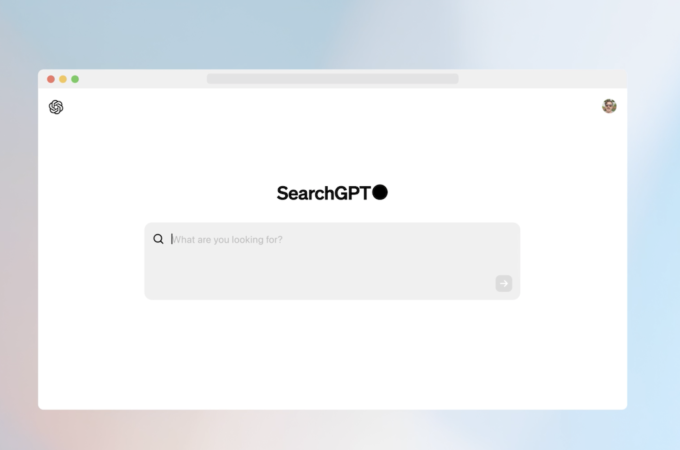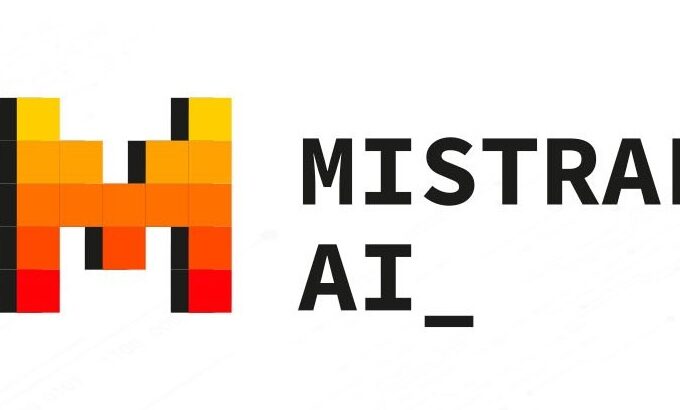
Google I/O 2024 Unveils Breakthroughs in AI Development
Google’s annual I/O developer conference, held recently, was abuzz with groundbreaking AI announcements, underlining the tech giant’s commitment to leading the generative AI revolution. Let’s delve into the key highlights of the event.
Advancements in Generative AI
Google showcased significant advancements in Generative AI during the conference. One notable introduction was Gemini 1.5 Flash, a high-speed model tailored for swift responses to high-frequency tasks. Complementing it, Gemini 1.5 Pro, with its expanded 2 million context window, promises enhanced performance in translation, reasoning, and coding tasks. Moreover, Gemma, the family of open models, received a new addition: PaliGemma, specifically designed for multimodal vision-language assignments.
Open Ecosystem and Edge Deployments
The conference emphasized Google’s commitment to an open ecosystem for AI development, offering developers a range of tools for streamlined workflows. Notably, enhancements in TensorFlow Lite enable seamless deployment of PyTorch models to mobile devices, empowering developers to create AI-enhanced experiences for Android users. Additionally, improvements in Google AI Edge facilitate ML deployment in edge environments, catering to diverse use cases across mobile and web platforms.
Innovations in Mobile Development
Gemini’s integration into Android Studio marks a significant leap in mobile development. The Studio Bot, now integrated with Gemini, facilitates the creation of high-quality Android apps with increased efficiency. Furthermore, Kotlin Multiplatform (KMP) support for select Jetpack libraries streamlines cross-platform development, offering developers enhanced productivity and code reusability.
Revolutionizing Web Development
Google’s initiatives in web development aim to empower developers with tools for building more powerful and accessible web experiences. Integrating Gemini Nano into Chrome desktop extends on-device AI capabilities, enabling developers to leverage AI features directly within the browser. Moreover, the introduction of Speculation Rules API and View Transitions API promises smoother navigation experiences and faster page loads, enhancing user interactions across web applications.
Full-Stack AI-Powered Development
Project IDX, now in open beta, offers developers a comprehensive platform for building AI-powered full-stack applications. With integrated tools like Chrome DevTools Console insights and Firebase Genkit, developers can streamline development workflows and deliver production-ready AI features efficiently. Additionally, Flutter and Dart enhancements, coupled with Firebase optimizations, empower developers to create high-performance, AI-enhanced applications across platforms.
Towards a More Accessible Future
Google’s commitment to accessibility was evident in several announcements at I/O 2024. TalkBack, Google’s accessibility feature for Android, leverages Gemini Nano to provide detailed auditory descriptions of objects for visually impaired users. Moreover, AI-powered scam detection for Android phones aims to protect users from fraudulent calls, enhancing privacy and security in mobile communication.
Google’s I/O 2024 showcased a plethora of innovations poised to redefine the landscape of AI development. With advancements across generative AI, mobile and web development, and accessibility, Google continues to lead the charge towards a future where AI is more accessible, helpful, and impactful than ever before.





